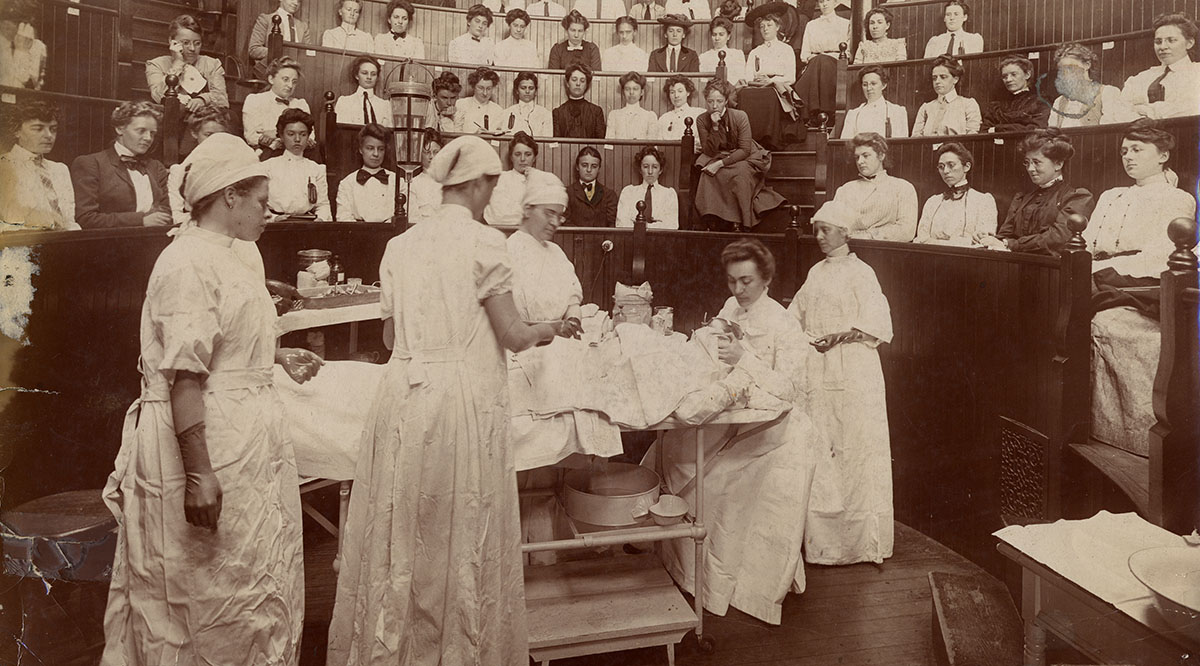
FAQ About Women in the History of Medicine
Women in the History of Medicine
2 years ago | gizem
How did World War I affect opportunities for women in medicine?
World War I had a significant impact on opportunities for women in medicine, leading to advancements and increased recognition of their contributions to the field. Here are several ways in which World War I affected opportunities for women in medicine:
- Increased Demand for Medical Personnel: World War I created an unprecedented demand for medical personnel to care for wounded soldiers. The need for healthcare workers was so great that it opened doors for women to enter medical professions in larger numbers.
- Role as Military Nurses: Women served as nurses both on the home front and in combat zones. Their role in tending to wounded soldiers on the front lines and in military hospitals was crucial, and it elevated the status of nursing as a profession.
- Establishment of Women's Army Auxiliary Corps: In several countries, including the United Kingdom and the United States, women formed auxiliary corps to serve in various support roles in the military, including medical and nursing positions. This marked a significant departure from traditional gender roles.
- Recognition of Women Physicians: The war led to a greater acceptance of women in medical roles. Some women, such as Dr. Flora Murray and Dr. Louisa Garrett Anderson in the UK, established and led military hospitals staffed by women physicians.
- Medical Advances and Research: Women's involvement in medical care during the war allowed them to gain valuable experience and contribute to medical advances. Their work in trauma care, surgery, and rehabilitation helped shape the future of medicine.
- Promotion of Women's Suffrage: The contributions of women in healthcare during the war bolstered the argument for women's suffrage and broader gender equality. The wartime efforts demonstrated that women were capable of assuming roles traditionally reserved for men.
- Post-War Opportunities: After the war, many women who had gained medical experience continued their careers in healthcare. This led to a gradual increase in the number of women pursuing medical degrees and entering medical practice.
- International Impact: World War I had a global impact on the opportunities for women in medicine. Women from various countries, including the United States, the United Kingdom, France, and Germany, contributed to medical efforts during the war and continued to advocate for gender equality in medicine afterward.
